Breastfeeding is one of the most impressive superpowers that a mama can have. Babies need a lot of nutrients for a healthy start in life. This is the best way to give your little one the nourishment it needs!
Especially for a new mama, you may have some questions about breastfeeding. If your newborn is particularly gassy, it's nothing to worry about. It might just be what you're eating!
Many common foods that moms eat can end up making breastfed babies gassy. Here are the major foods to avoid in your diet if your little one is particularly gassy.
See Related: 6 Tips On Choosing When To Start Your Maternity Leave
Key Foods To Avoid
- Hot or spicy foods
- Seafood and fish high in mercury
- Foods with high amounts of fiber
- Dairy or soy products
- Processed foods, including carbonated drinks
- Alcohol
- Certain veggies and leafy greens
1. Spicy Foods
As a breastfeeding mama, your baby eats what you eat! Therefore, maintaining a healthy and balanced diet is vital to ensure your breast milk is as nutritious as possible for your little one.
When babies are gassy, it could be because they are reacting to food sensitivities or food allergies they may have. Though intestinal gas isn't a significant concern, sometimes eliminating a particular food from your diet can inevitably help your baby's gassiness.
Hot foods like chile, peppers, or paprika are often a cause of gas a bloating for not only babies but grown adults as well. These particular foods can even lead to heartburn or diarrhea in adults.
Unsurprisingly, a baby's delicate and developing digestive system is more susceptible to the effects of spice. So for a breastfeeding mama whose diet consists of high amounts of spicy foods, it may be a good idea to cut back if your baby is particularly gassy.
How Do I Know My Breastfed Baby Is Gassy?
Mamas are incredibly in-tune with their baby's emotions and feelings. But sometimes, it can be challenging to recognize the symptoms of newborn gas.
Often, many newborns who feel gassy can get a bit fussier. Narrowing down what is causing gas for your little one can help relieve their discomfort.
Your little one's gassiness can show excessive burping, spitting up, or flatulence. Gas trapped in your baby's tummy can also lead to a noticeable bloated belly.
But keep in mind, it's completely normal for your baby to have a little gas from time to time - just like adults!

2. Seafood
Everyone's body and behavior are unique - the same goes for breastfeeding mamas and their babies. For our little ones, any irritation in a baby's digestive tract can possibly lead to gas and discomfort.
Though high in nutritious omega-3 fatty, seafood can also be high in mercury, which can be detrimental to a baby's health. And any foods that your baby might react negatively to are potential suspects for gassiness as well.
Fish high in mercury, such as bigeye tuna, swordfish, king mackerel, and marlin, should be avoided when breastfeeding. Breastfed infants exposed to increased levels of mercury through fish are even at risk for developmental delays.
You can occasionally have other types of fish lower in mercury, but just pay attention to the FDA recommendations for breastfeeding mothers when it comes to seafood.
3. High-Fiber Foods
Fiber is a crucial aspect of a healthy diet and can be used to normalize bowel movements and relieve constipation in adults. But certain foods containing fiber can also lead to gas in breastfed infants.
Foods like bran, beans, cabbage, and whole grains are fiber-rich; therefore, these particular foods, though fantastic for a balanced diet, can lead to gas. Though fiber-heavy foods can potentially help alleviate constipation, they are also a likely cause of gas for both a mama and her little one.
Bonus: Why Gender-Inclusive Lactation-Related Language Matters
4. Dairy Or Milk Products
The intake of certain milk or soy proteins can potentially cause gas in breastfed infants. However, if you discover that dairy is the culprit for your little one's gassiness, they may just have a dairy allergy.
When it comes to dairy, gas is typically caused by cow's milk. But other kinds of milk or cheese can potentially cause gas.
Calcium is an essential nutrient for your little one, especially while nursing. Ask your pediatrician about possible sources of calcium supplements if your baby has food allergies to soy or dairy products.

What Causes Gassy Breastfed Babies?
Certain foods that breastfeeding mothers eat can cause gas in their breastfed babies. Though there's no way to prove how or why your little one is suffering from gas, sometimes a mama's diet is the reason.
Try an elimination diet if you want to pinpoint the particular food your baby may be reacting negatively to. But keep in mind that sometimes, gassy foods in a breastfeeding mother's diet aren't the actual reason for infant gas.
Most babies just get a little gassy whenever they swallow too much air while nursing. Fussy babies can also gulp air when crying, feeding, or adjusting to a bottle.
Try massaging your baby's stomach or give them some tummy time to help alleviate their discomfort.
As a mama, you know your little one better than anyone. Gassiness is normal for babies, so don't stress over it too much - you got this!
5. Processed Foods
Breastfeeding mothers have an incredible responsibility to the health and well-being of their babies. And as a mama, anything you ingest has the potential of lingering in your breast milk for your little one to eat during nursing.
An unhealthy diet containing processed foods can cause gas in breastfed infants. In addition, your little one's tummy is more vulnerable to irritation from unhealthy foods.
The flavors of processed foods can even change the taste of your breast milk. Your baby can then develop a preference for these flavors and then develop an inclination toward processed foods later in life.
As a breastfeeding mama, it's important to ensure that you maintain a healthy diet for both you and your baby!

Avoid Carbonated Or Sugary Beverages
We all know that feeling after we indulge in a soda or bubbly beverage. Usually, it's only a matter of time before we feel that burping sensation arise!
Carbonated and sugary drinks are unhealthy refreshments that can likely give both a mama and her baby gas. Sodas, energy drinks, and even some coffees are high on the list of foods to avoid for a gassy breastfed baby.
6. Alcohol
After nine months following a strict pregnancy diet, many mamas find themselves craving a glass of wine after such a long journey. Though breastfeeding mothers don't need to swear off alcohol altogether, you still have a considerable responsibility to focus on when it comes to your baby's health!
If you choose to drink alcohol as a breastfeeding mama, you'll need to wait at least a couple of hours to sober up before even considering nursing your baby. Remember that alcohol gets into your breast milk - so don't put your little one at risk!
Is Alcohol Safe For My Breast Milk?
Alcohol is safe for breast milk - as in, it doesn't cause permanent damage to your liquid gold. But as long as alcohol is in your blood, it's also in your milk.
If you choose to enjoy an alcoholic beverage or two, it might be a good idea to pump and store your milk beforehand. Mila Keeper's breast milk storage bottles give mamas the peace of mind to enjoy the moment while empowering them as mothers!
These stylish and convenient bottles are made with medical-grade glass that can withstand extreme temperatures. Plus, they're compatible with all the leading breast pumps and nipples.
No matter where life takes you, knowing that you can store your liquid gold in a safe and reliable place is something all mamas deserve. And that's why we're here!

7. Leafy Greens And Other Veggies
Possibly the biggest culprit of infant gas is vegetables. We all know that greens can leave even the best of us on the gassy side - and veggies are most likely causing your baby's gas!
We all know that veggies are crucial for a healthy and complete diet, so it seems ironic that these greens may be causing your baby's discomfort. Spinach, kale, broccoli, brussels sprouts, and lettuce are foods that are very likely to lead to gas in a breastfed baby.
You may need to cut back on leafy greens or other veggies to determine if these foods are causing gas for your little one. Either way, infant gas is more than usual and will pass before you know it.
Keep Reading: Is It Safe To Drink Alcohol While Breastfeeding?
--
A female-designed and female-run company, Mila's Keeper is on a mission to empower women to thrive during their breastfeeding journey by offering reusable, eco-friendly breast milk storage solutions for their day-to-day needs. Get the latest tips and info on Mila's Keeper products by following us on Facebook, Twitter, Instagram, Pinterest, and LinkedIn.

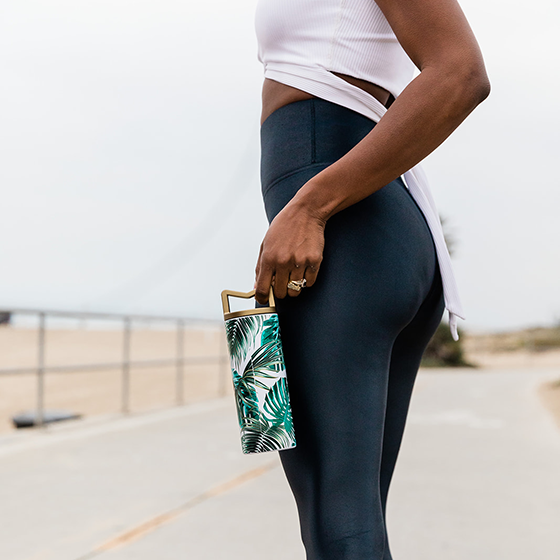
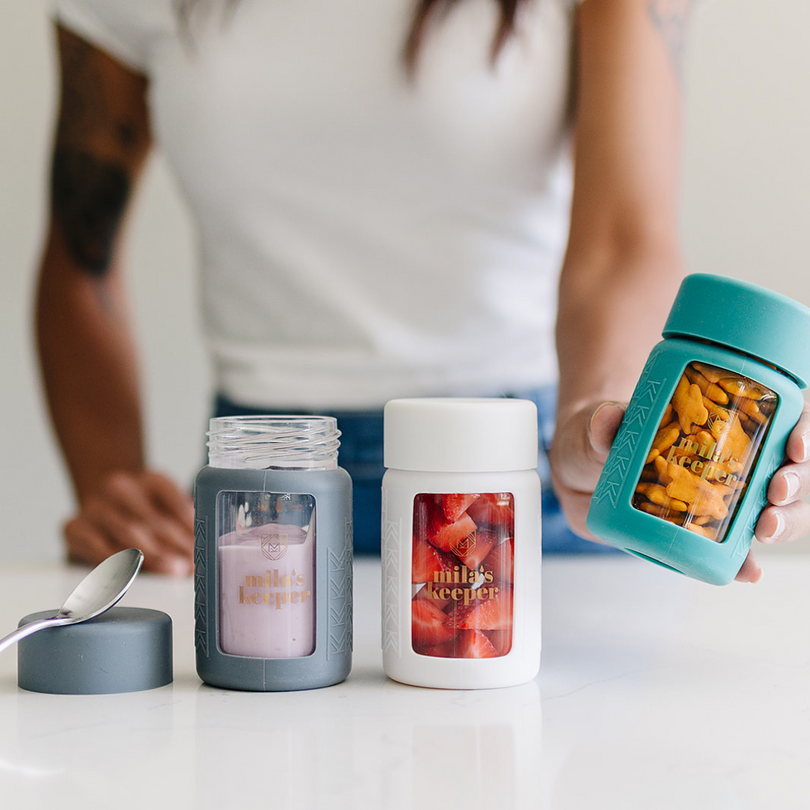





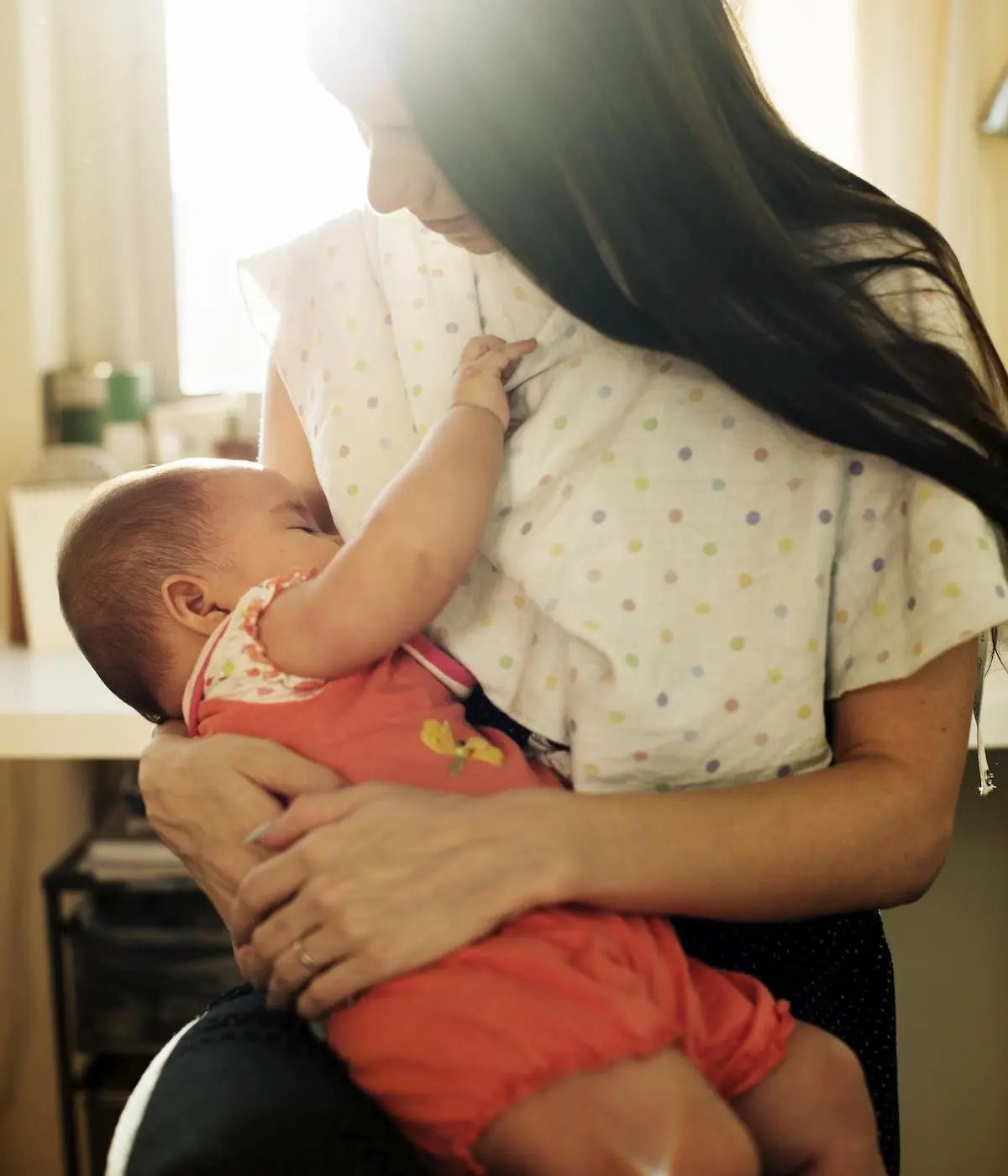
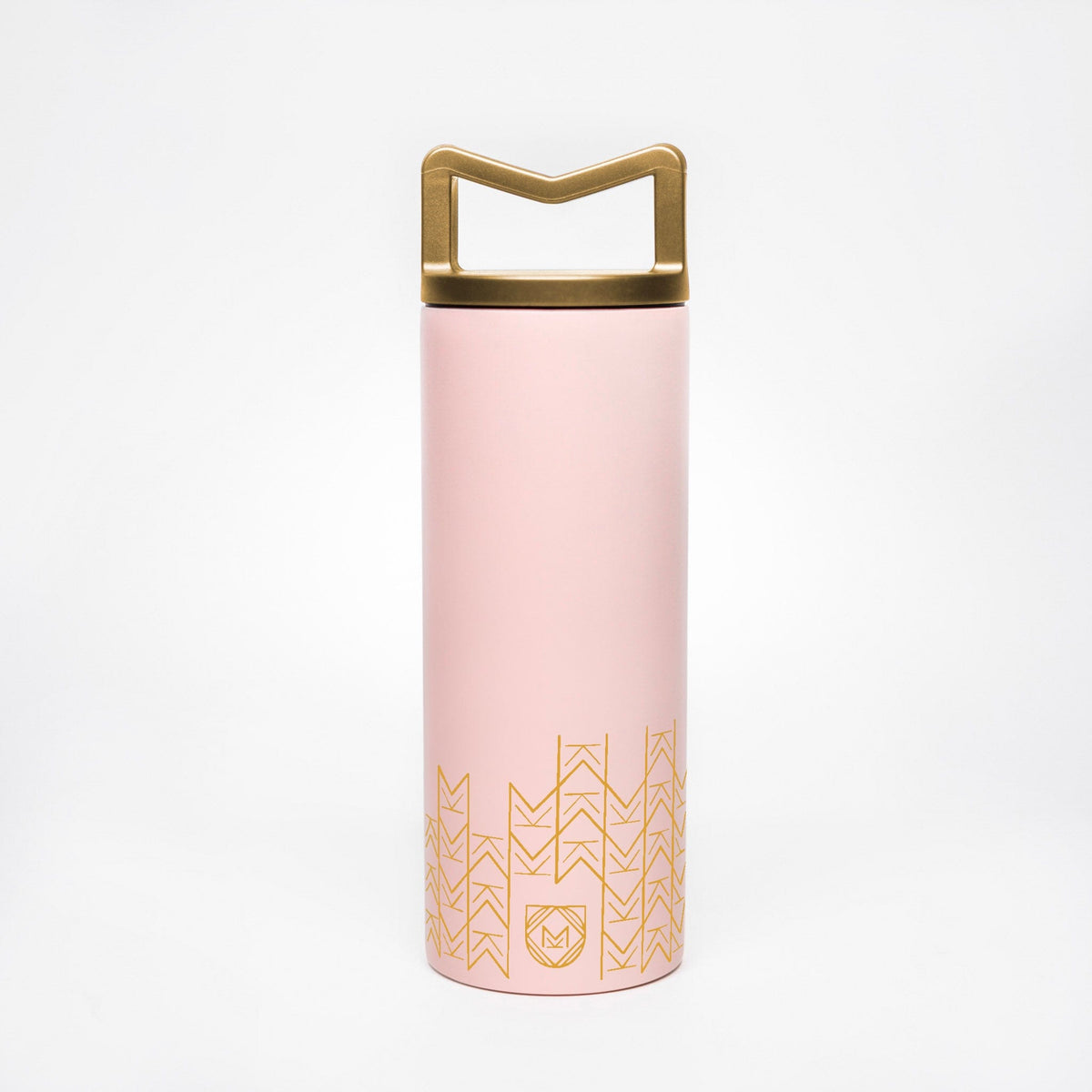

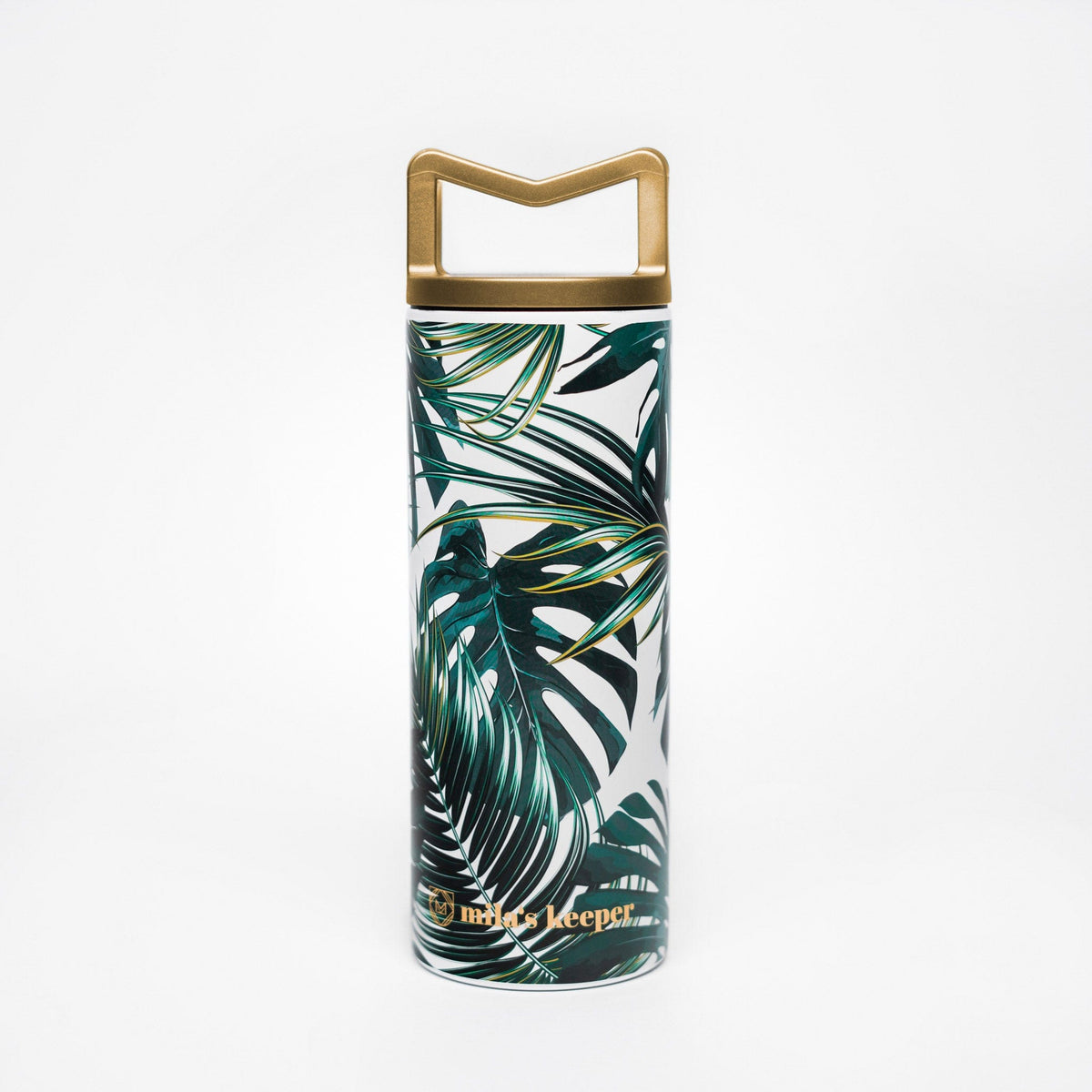
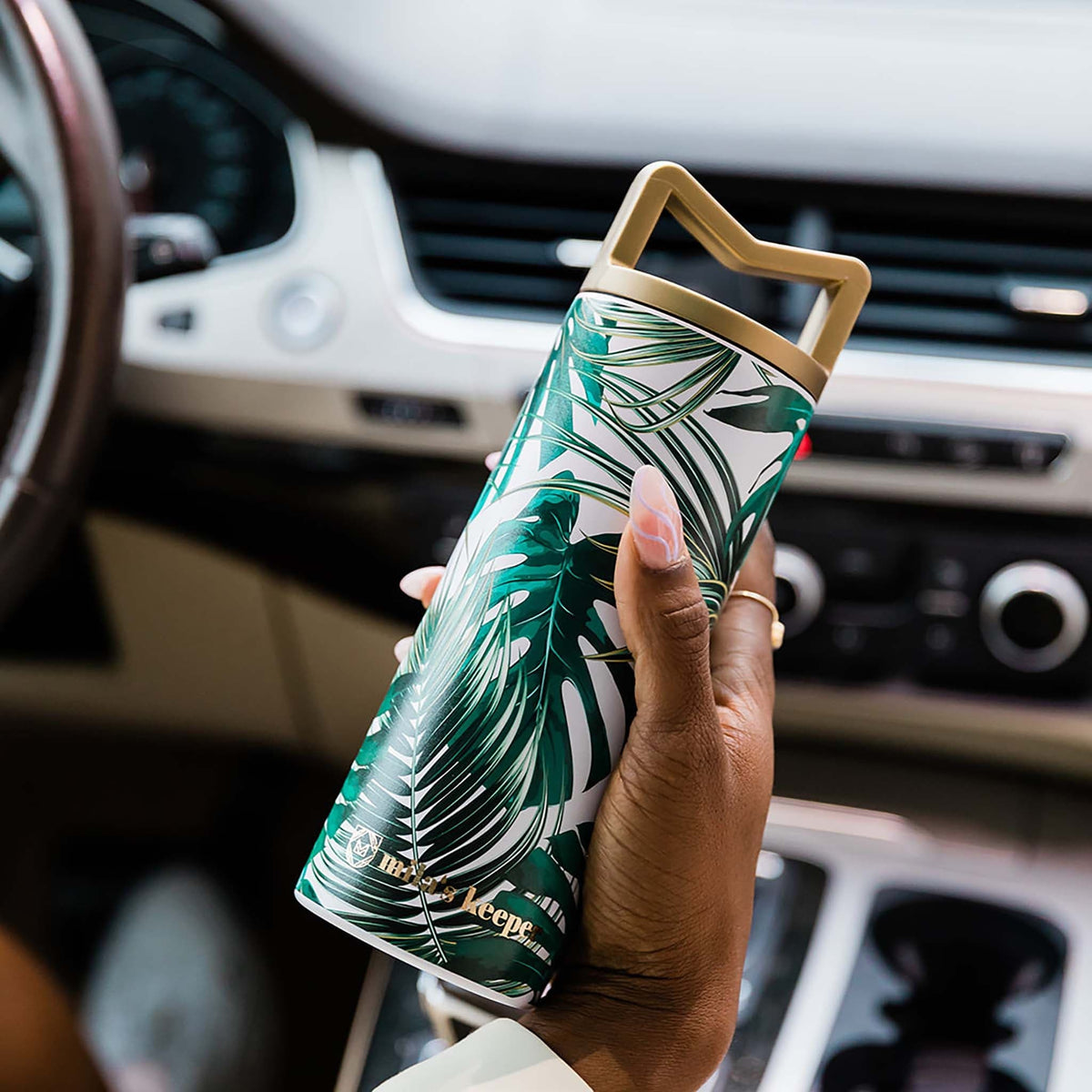
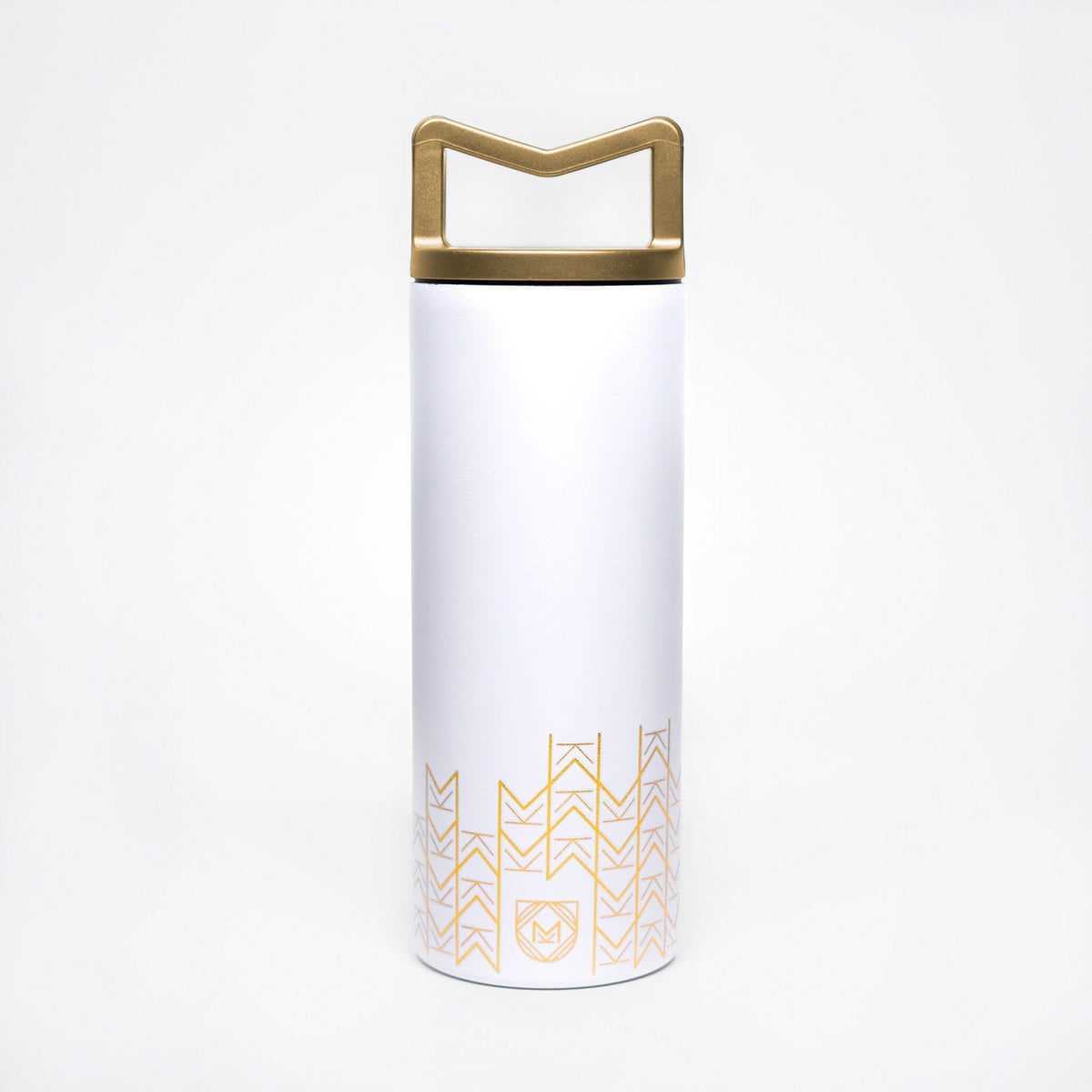
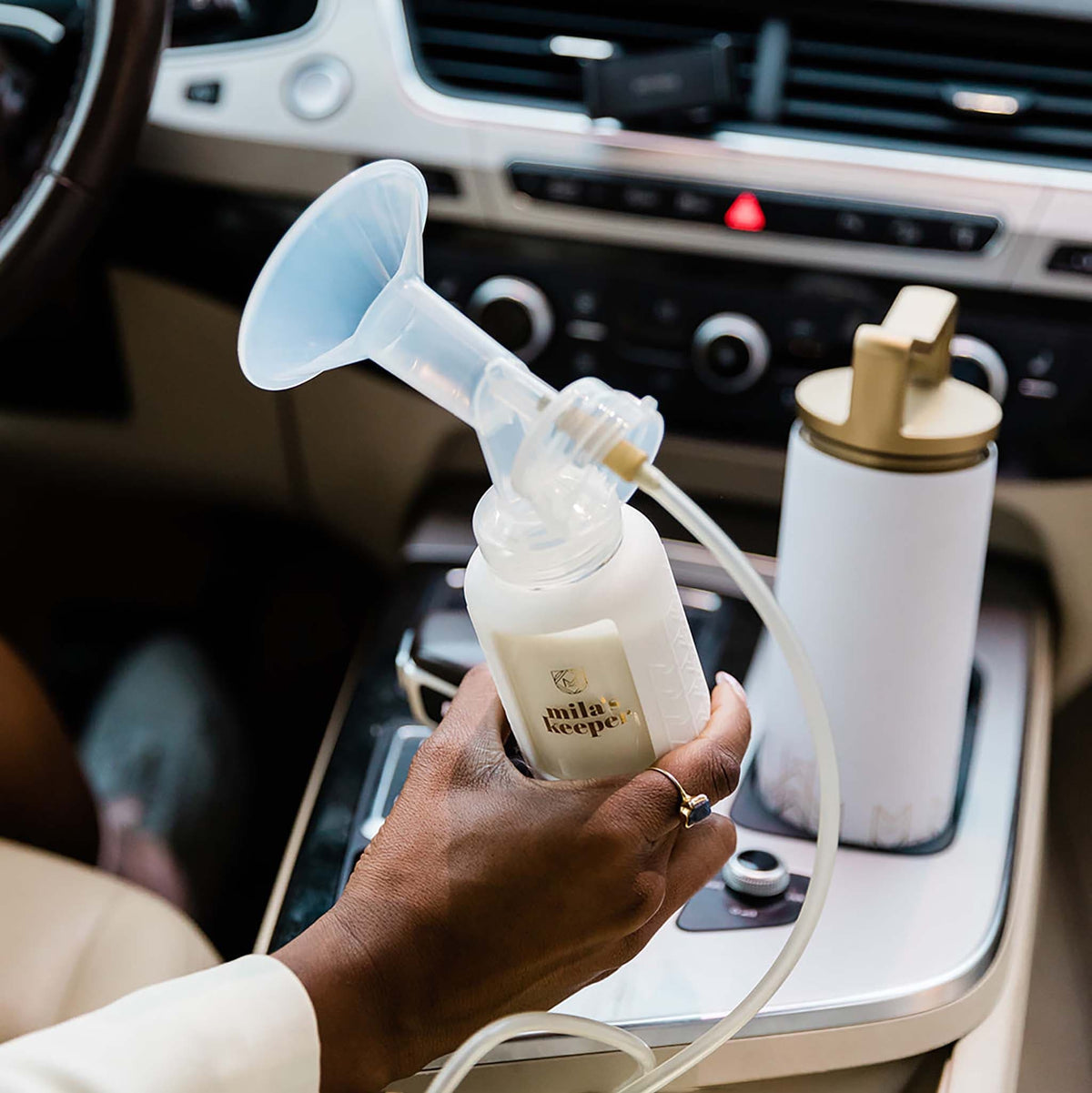
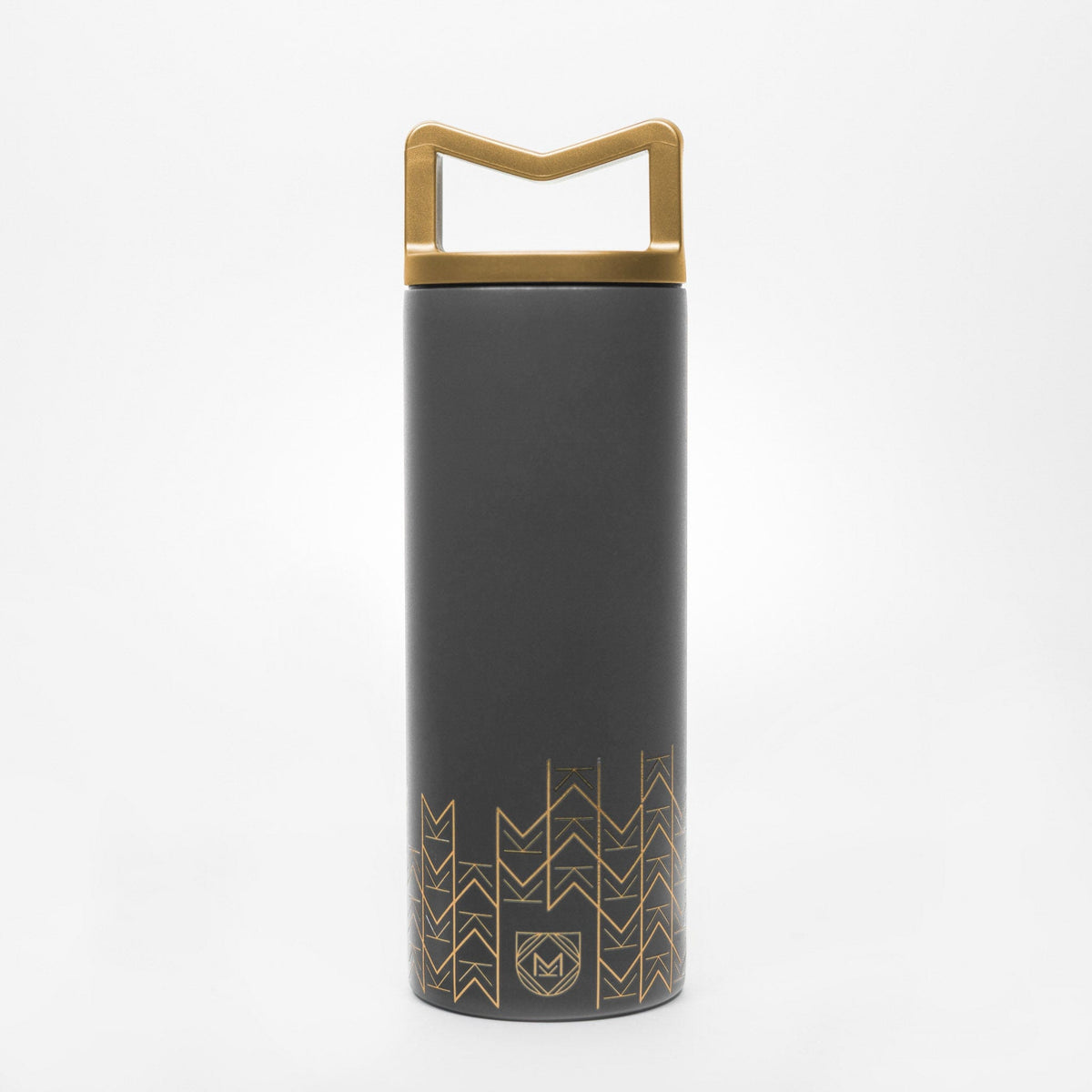
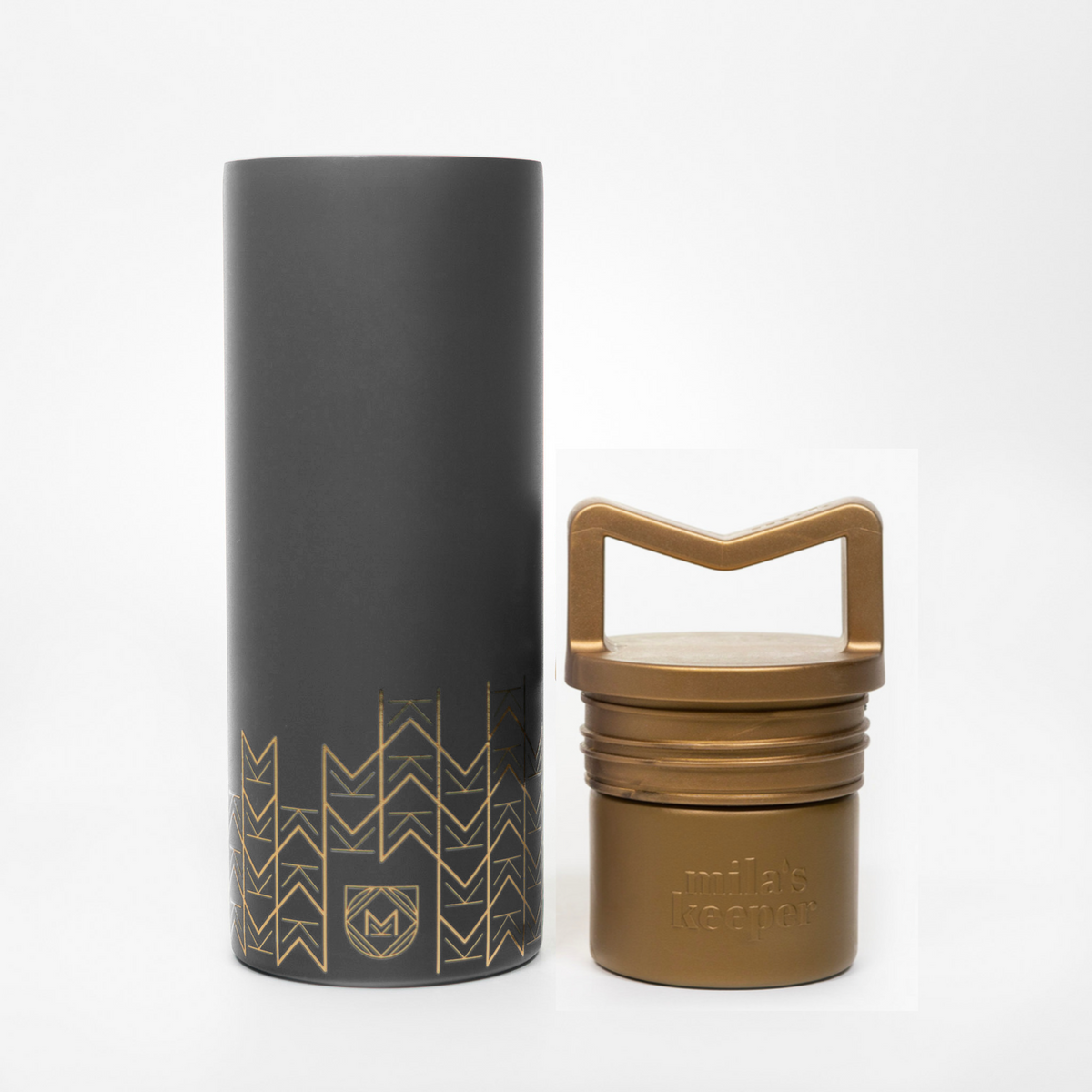
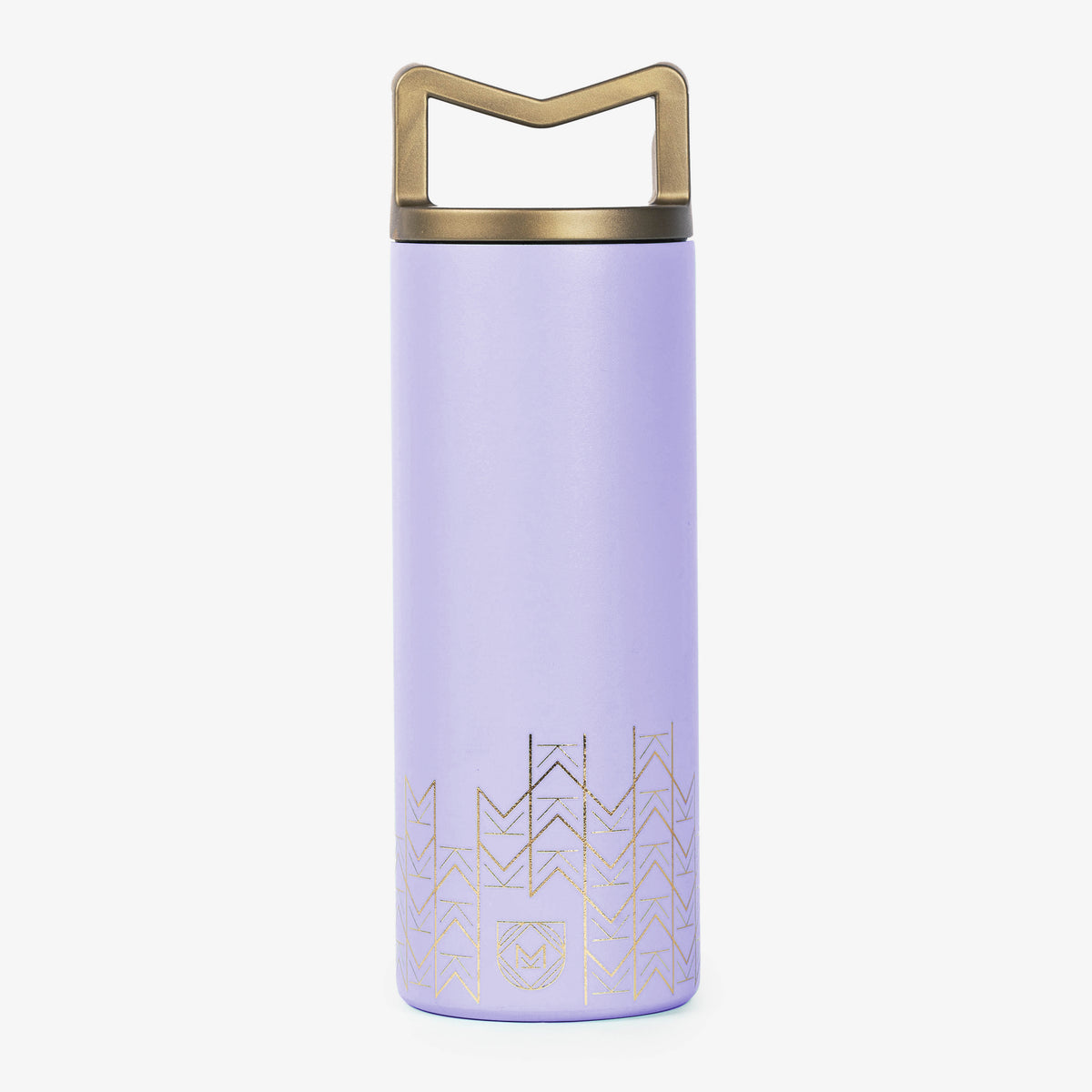

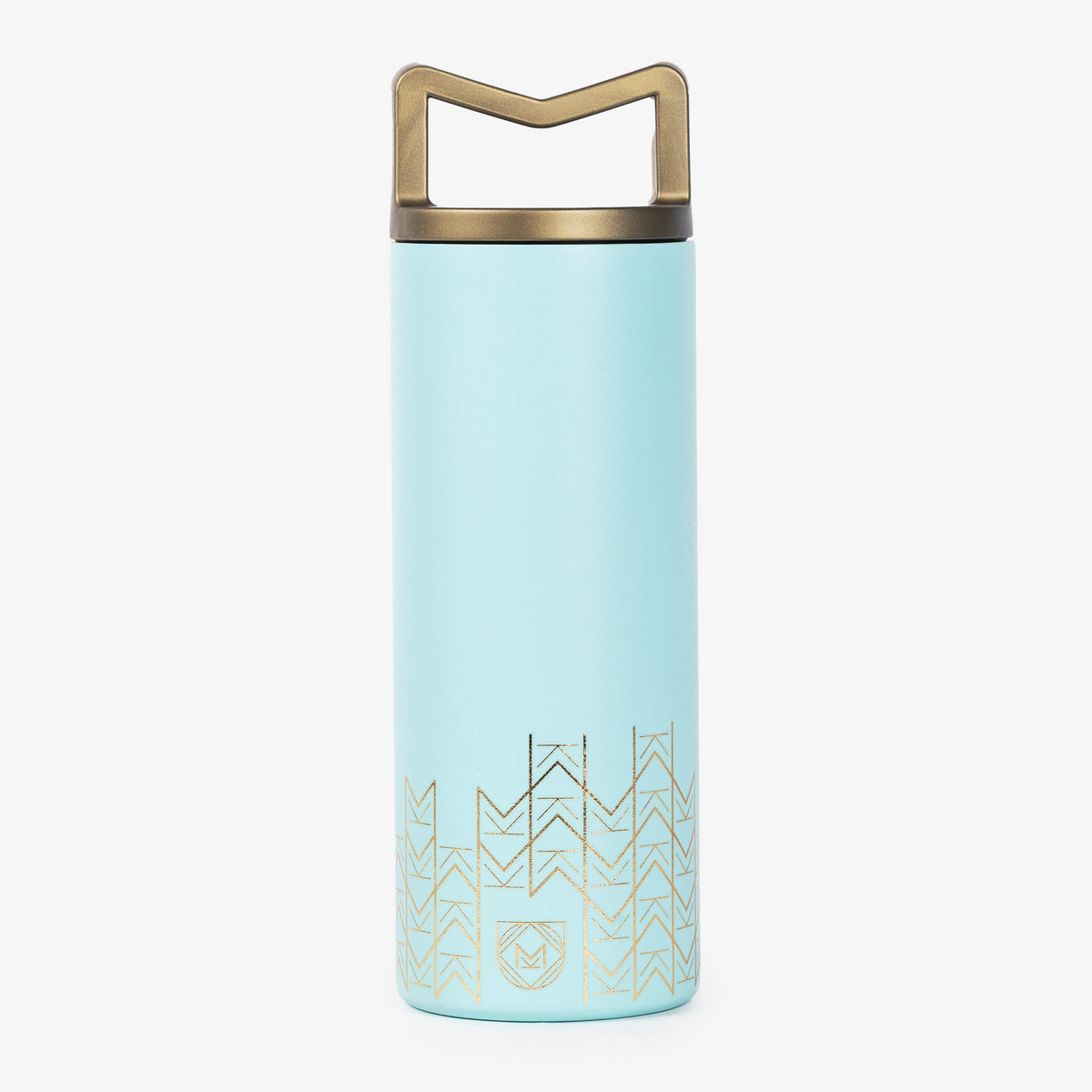
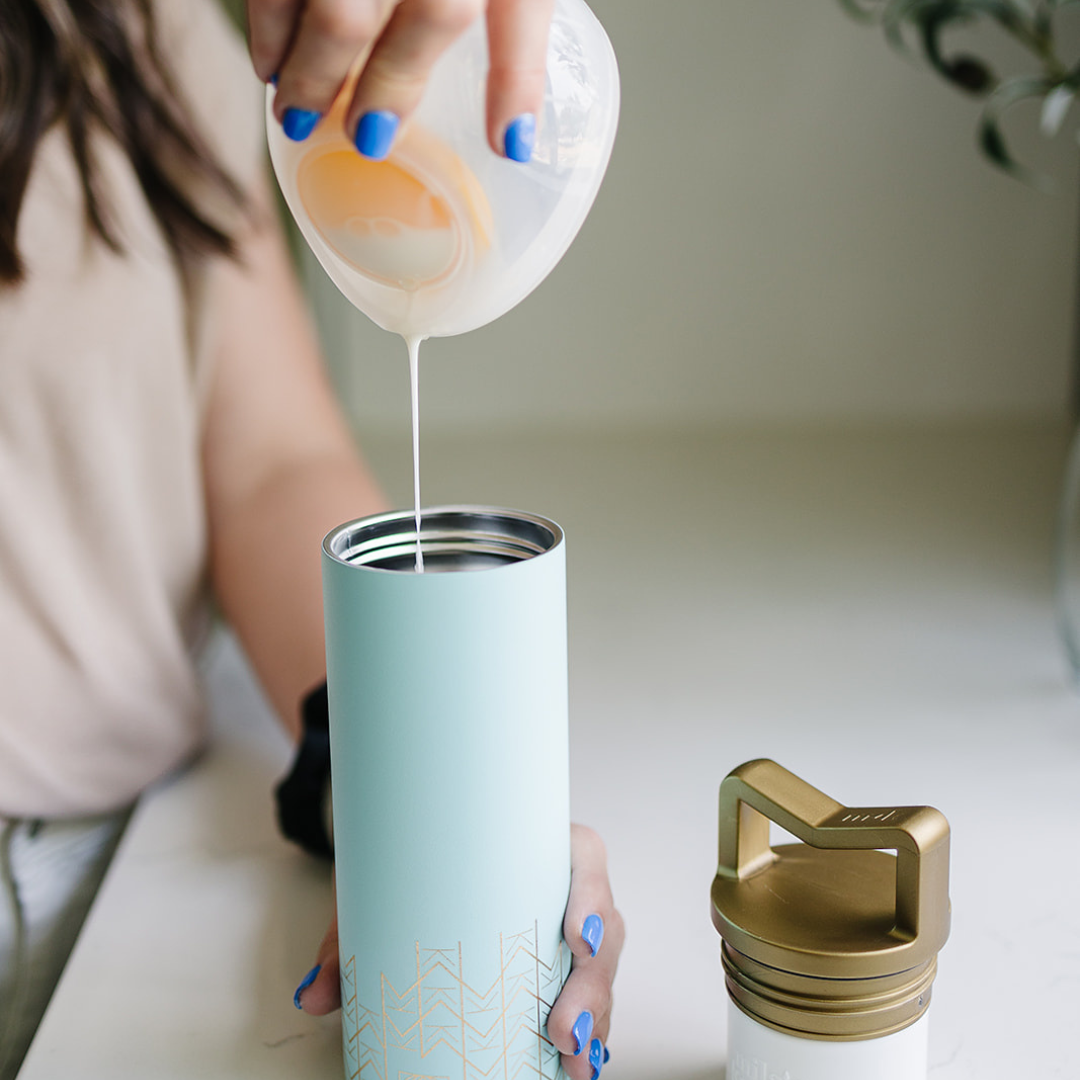
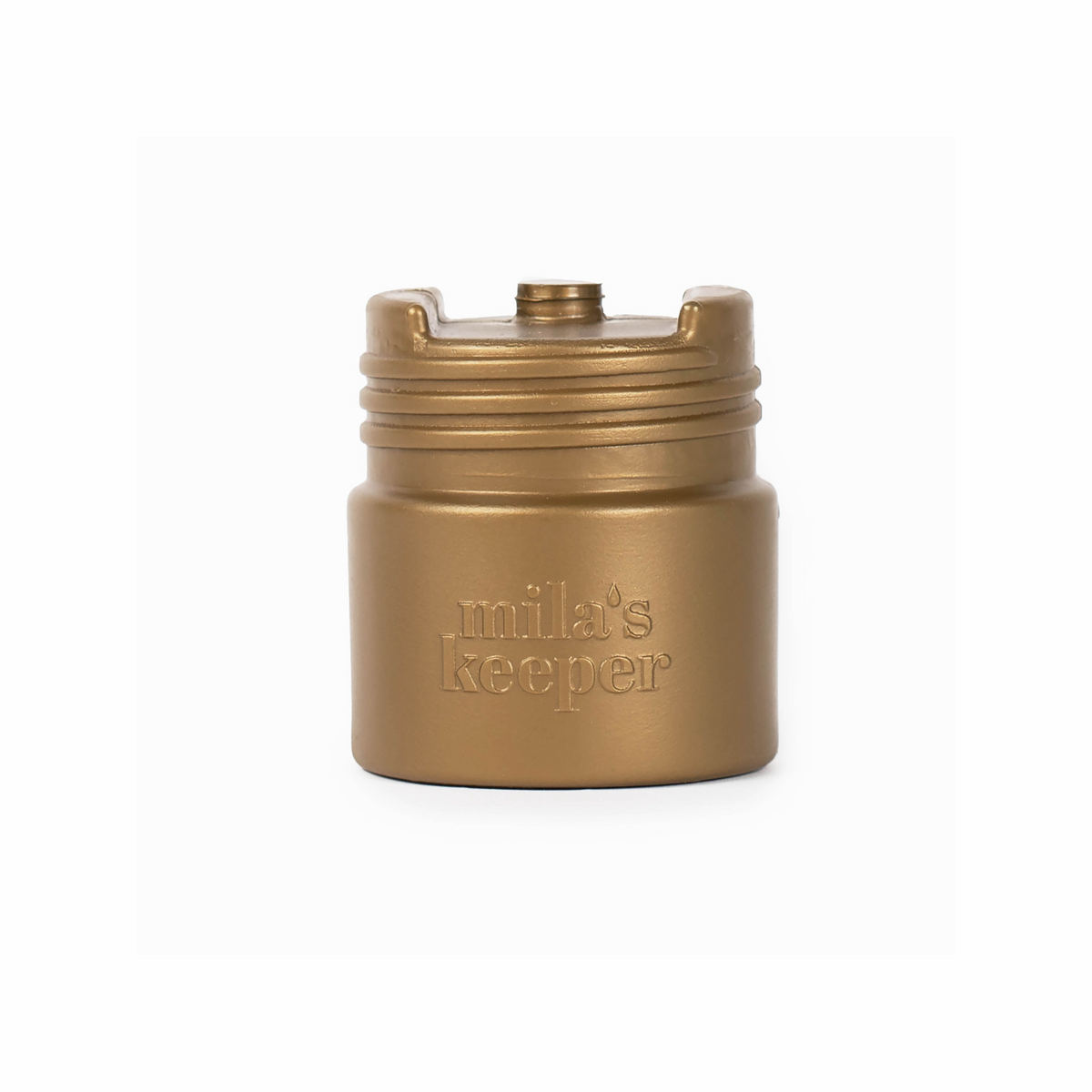


1 comment
Nichole
Thank you for enlightening, for my son.
Thank you for enlightening, for my son.